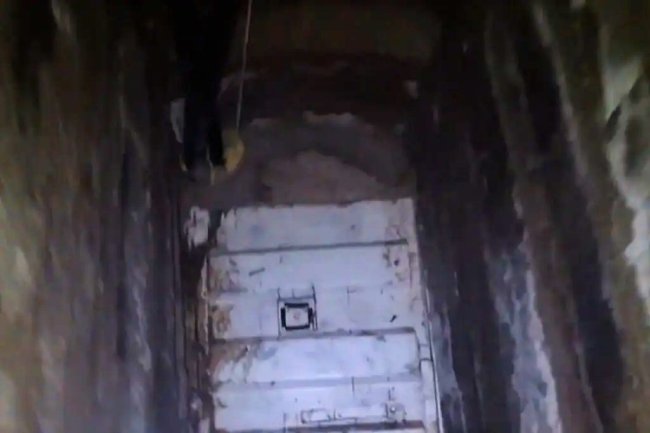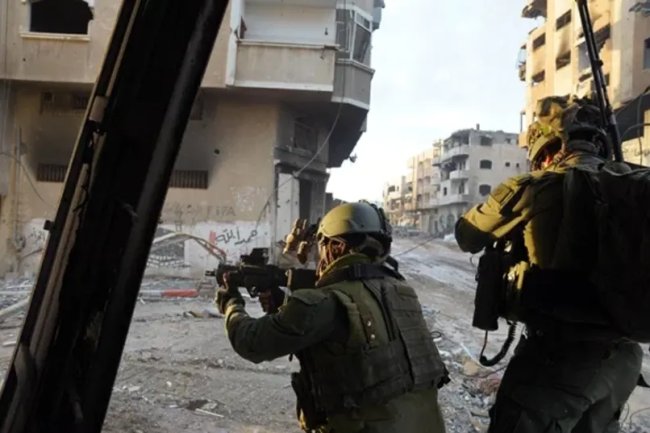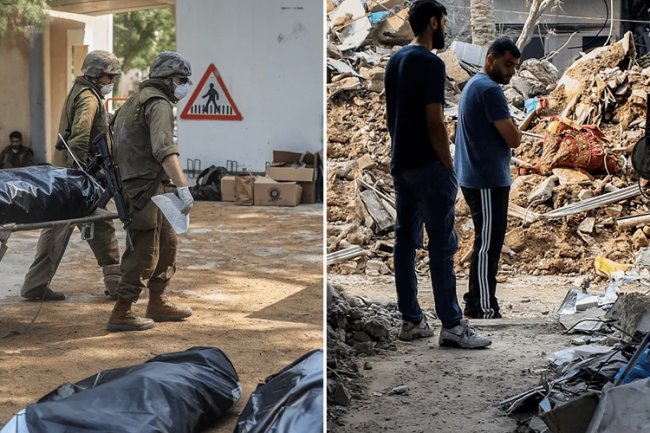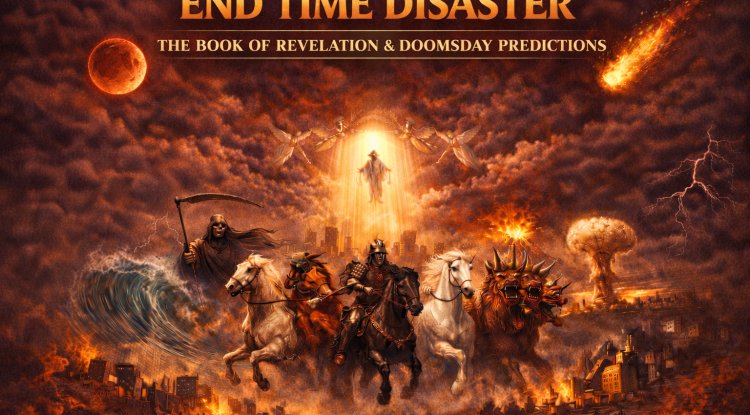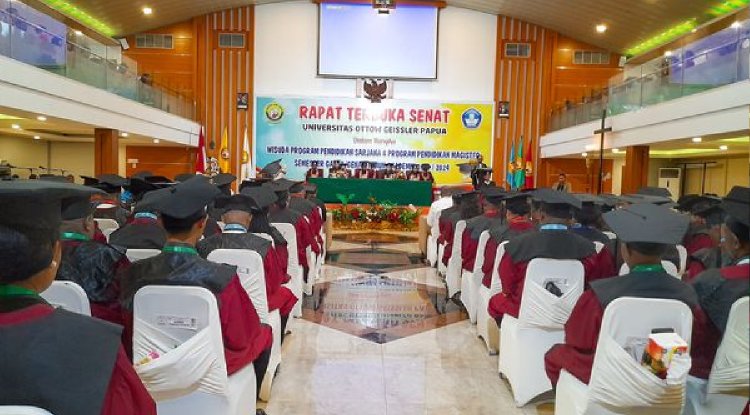POST-ATTACK, ISRAEL AND HEZBOLLAH FOCUS ON EFFORTS TO REDUCE ESCALATION
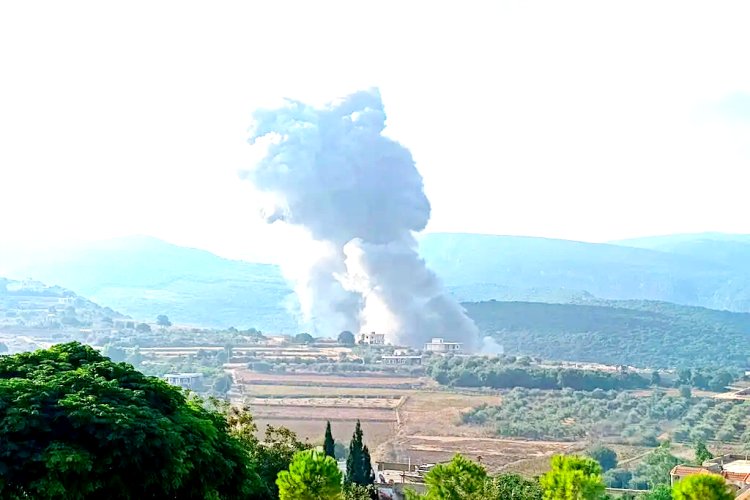
Hezbollah’s long-feared retaliation for the assassination of a senior commander seemed to end almost as quickly as it began. However, analysts warn that tensions could still escalate further.
For weeks, Israelis have lived in anxiety, anticipating a major attack by Hezbollah in response to the assassination of one of their senior commanders in Beirut last month. There were widespread fears that a cross-border escalation could spiral into a full-blown regional conflict. But on Sunday morning, many Israelis found that the long-dreaded attack seemed to be over almost before it even started.
Both Israel and Hezbollah were quick to claim their own victories: Israel for its early-morning preemptive strikes against what the military said were thousands of Hezbollah’s rocket launchers in southern Lebanon; and Hezbollah for its retaliatory barrage of rockets and drones into northern Israel, which the Israeli military reported killed a naval officer.
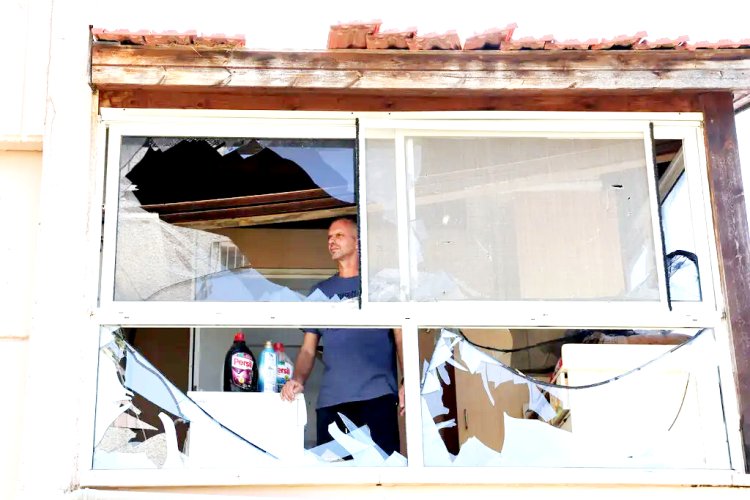
Hezbollah leader Hassan Nasrallah, in a speech on Sunday evening, claimed that his group had targeted an Israeli intelligence base, Glilot, just north of Tel Aviv. If the attack results were satisfactory, Nasrallah said, they would consider the matter closed. However, if the attack failed, Hezbollah still reserved the right to respond at a later date.
Following the attacks, the Middle East remains tense, with uncertainty looming in the days ahead.
“There could be more phases,” warned Ehud Yaari, an analyst at the Washington Institute for Near East Policy. “Escalation could happen gradually.”
On Sunday morning, the Israeli military continued to strike Hezbollah launchers in southern Lebanon. Hezbollah is estimated to possess tens of thousands of rockets, along with a smaller number of advanced, precision-guided missiles.
Iran, Hezbollah’s key backer, still holds Israel accountable for the killing of Ismail Haniyeh, Hamas’s political leader, in Tehran just hours after Fuad Shukr’s death. Israel officially took responsibility for Shukr’s death but not for Haniyeh’s.
In remarks broadcast at the start of a government meeting on Sunday afternoon, Israeli Prime Minister Benjamin Netanyahu declared that the morning’s events were “not the end of the story.” However, by then, life in Israel had largely returned to routine.
Based on intelligence, Israel decided to strike preemptively on Sunday but not to escalate further, according to Yaari. The targets Israel hit were all within 30 miles of the Lebanese border. Israel said the strikes were focused on neutralizing the immediate threat posed by Hezbollah’s rockets and drones to Israeli forces and civilians, rather than targeting Hezbollah’s broader infrastructure.
For its part, Hezbollah seems to be signaling that it is pausing for now, according to Yaari. “At the same time, they are saying this was just the first phase of retaliation, leaving the option open for more if they get the green light from Iran,” he added.
Sunday’s events have raised the stakes for negotiators gathering in Cairo to discuss a potential ceasefire and hostage-release deal in the ongoing Gaza conflict. The United States, along with Qatari and Egyptian mediators, is leading the effort to reach an agreement that could help ease regional tensions.
For months, Hezbollah and Israel have been engaging in tit-for-tat cross-border clashes. Hezbollah began firing in solidarity with Hamas after the Hamas-led assault on southern Israel last October prompted Israel to go to war in Gaza.
The exchanges between Israel and Hezbollah have intensified in recent weeks, evolving into what many analysts describe as a war of attrition.
A full-scale war between Israel and Hezbollah would be devastating for both sides, experts say. Hezbollah’s rockets and missiles could reach much of Israel and paralyze parts of the country for weeks or months.
However, Hezbollah must weigh its desire for revenge against the risks of domestic backlash in Lebanon, which is already mired in political and economic crisis.
Israel has long prepared for a potential war in Lebanon and is likely better equipped than it was on its southern front, where Hamas caught it off guard in October.
Netanyahu said Israeli forces destroyed thousands of Hezbollah’s short-range rockets on Sunday and intercepted a swarm of drones that Hezbollah launched at a strategic target in central Israel.
Tens of thousands of residents on both sides of Israel’s border with Lebanon have been displaced for nearly 10 months.
“This is another step in changing the situation in the north and safely returning our residents to their homes,” Netanyahu said of Sunday’s actions. However, no date has been set for their return.
What's Your Reaction?







